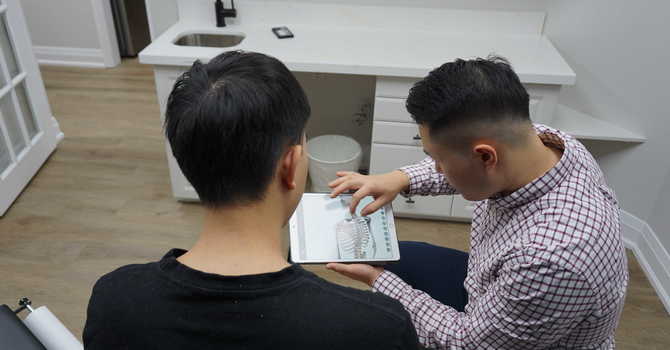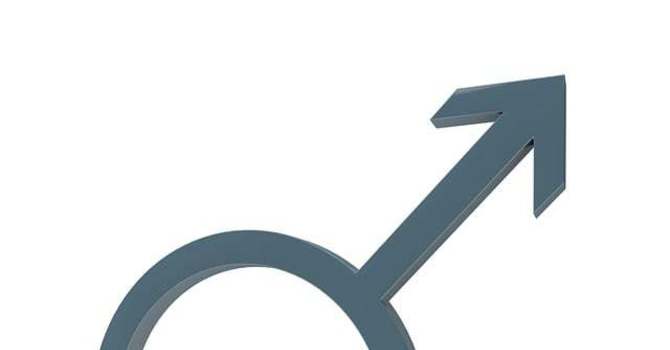
Written by Vicky Liu, 4th year Health Sciences co-op student from the University of Waterloo.
According to Traditional Chinese Medicine (TCM), infertility arises from imbalances in vital energy (Qi) flow and blood circulation. Blockages in energy flow can lead to deficiency, stagnation, or heat syndromes, disrupting sexual and reproductive functions in both men and women. Deficiency syndrome weakens reproductive functions, stagnancy impedes the free flow of energy and blood, while heat syndrome is associated with inflammatory processes affecting semen quality and gynecological health.1
TCM addresses these syndromes using acupuncture and herbal remedies. By identifying and treating the specific syndrome, TCM aims to restore balance and promote natural conception. TCM views each patient as unique, tailoring treatments to their individual condition and constitution. With a history spanning over 5000 years, TCM is renowned for its effectiveness and absence of adverse effects. Acupuncture, a key component of TCM, has been utilized for infertility treatment for centuries. By inserting sterile needles into specific acupoints on the body, acupuncture regulates bodily functions, balances hormones, strengthens the immune system, improves energy and blood flow, eliminates stasis and phlegm, and stimulates the nervous system. Combining acupuncture with herbal remedies can enhance ovarian and follicular function and increase blood flow to the endometrium, potentially improving fertility outcomes.1
A study published in 2018 presented a case involving a young couple, both 28 years old, who struggled with infertility despite attempting to conceive for a year. The male partner exhibited normal physiological parameters including blood pressure, blood sugar, and appetite. Prior to treatment, he had been taking vitamin E and Tribestan tablets to enhance fertility and stimulate testosterone production. Acupuncture therapy targeted at improving sperm quality was administered to him. The female partner was diagnosed with endometriosis affecting both ovaries, as evidenced by 'chocolate' cysts observed on pre-treatment scans. She had been undergoing hormonal therapy for a year before discontinuing it one month prior to commencing acupuncture treatment. Although her menstrual cycle was regular, it was accompanied by severe pain, and she also struggled with hormonal acne.1
Both partners received acupuncture treatment at a Traditional Chinese Medicine clinic in Skopje, Macedonia, administered by a specialist in acupuncture. Sessions, lasting 35-40 minutes, were conducted weekly indoors at room temperature over a three-month period. Sterile disposable needles were used, with specific acupuncture points targeted on both sides of the body, including HN1 (SiShenCong), LI4 (HeGu), ST36 (ZuSanLi), GB34 (YangLingQuan), SP9 (YinLingQuan), SP6 (SanYinJiao), LR3 (TaiChong), RN13 (ZhongWan), RN7 (QiHai), RN4 (GuanYuan), RN2 (QuGu), ST29 (GuiLai), ST25 (TianShu), GB20 (FengChi), DU14 (DaZhui), BL18 (GanShu), BL19 (DanShu), BL20 (PiShu), BL21 (WeiShu), BL25 (DaChangShu), and BL32 (CiLiao).1
Both partners underwent simultaneous treatment, with the male receiving four sessions aimed at enhancing sperm quality. Prior to treatment, he underwent a sperm test which revealed a small percentage of progressively moving sperm cells (5%) and a significant proportion of immobile sperm cells (50%). The female partner's endometriotic cysts disappeared after seven treatments, leading to successful spontaneous pregnancy. Post-treatment blood tests indicated normal hormone levels including Prolactin, Estradiol, TSH, LH, FSH, and Testosterone, as well as reduced tumor marker levels (CEA, OMMA, GIMA), and an elevated HCG hormone level confirming pregnancy in the second/third gestational week.1
In another study, researchers found an increase in pregnancy success rates among women with fertility issues when acupuncture was administered before and after embryo transfer during IVF treatment.2
In a randomized controlled trial, 72 infertile women undergoing IVF were split into two groups: one receiving acupuncture (Acupuncture Group) and the other not (Control Group). The Acupuncture Group received three acupuncture sessions: one a week before embryo transfer, another 30 minutes before transfer, and a third 30 minutes after transfer. Pregnancy success was measured using Beta-HCG levels, clinical pregnancy rates, ongoing pregnancy rates, and live birth rates. Anxiety levels were also measured using the STAI-1 scale before and after embryo transfer in both groups.2
The average age of the participants was 30.9 years. A higher percentage of women in the Acupuncture Group (63.9%) had positive Beta HCG levels compared to the Control Group (33.3%). The Acupuncture Group also had higher rates of clinical pregnancy, ongoing pregnancy, and live births. There was no significant difference in anxiety levels between the groups before the embryo transfer. However, after the transfer, the Acupuncture Group showed a significant decrease in anxiety levels compared to the Control Group.2
The study concluded that administering acupuncture sessions before and after embryo transfer significantly increased pregnancy rates for women with unexplained infertility undergoing IVF treatment. Additionally, acupuncture was found to alleviate anxiety levels experienced before the embryo transfer.2
Concluding Thoughts
In summary, acupuncture demonstrates promising outcomes in treating infertility in both men and women. By improving sperm quality, ovarian function, and balancing the endocrine system and hormones, acupuncture proves to be an effective intervention for restoring fertility in patients. Whether you're struggling with infertility issues, hormonal imbalances, or other health challenges, Olivia, our experienced acupuncturist, is here to provide personalized care tailored to your needs. To learn more about how acupuncture can improve fertility outcomes, book a complimentary discovery call with Olivia today!
References
Zhu, J., Arsovska, B., & Kozovska, K. (2018). Acupuncture Treatment for Fertility. Open Access Macedonian Journal of Medical Sciences, 6(9), 1685–1687. https://doi.org/10.3889/oamjms.2018.379
Guven, P. G., Cayir, Y., & Borekci, B. (2020). Effectiveness of acupuncture on pregnancy success rates for women undergoing in vitro fertilization: A randomized controlled trial. Taiwanese Journal of Obstetrics & Gynecology, 59(2), 282–286. https://doi.org/10.1016/j.tjog.2020.01.018

HealthyToDos Inc.
Contact Me


